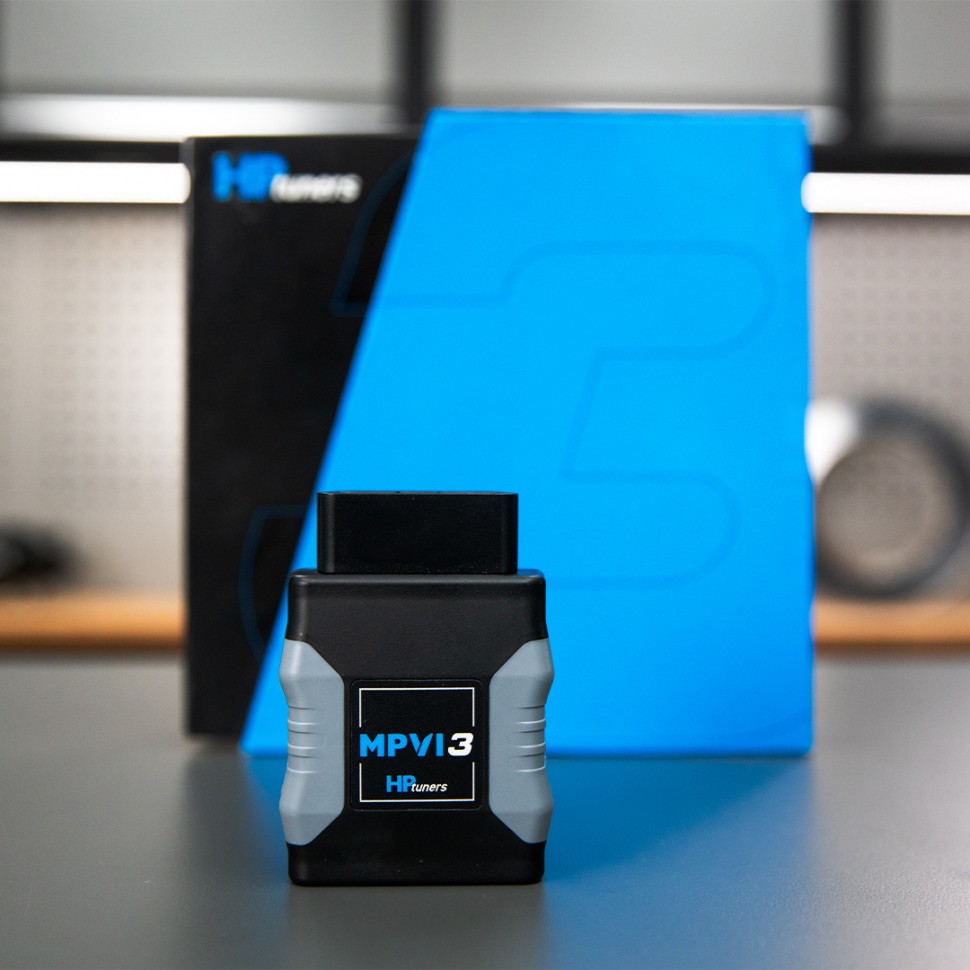EFI Tuning Fundamentals: Knock Sensor
Knock Sensor
02.03
| 00:00 | - Since knock or detonation is so destructive, it's helpful if the ECU can detect it so it can employ some counter measures to eliminate knock and protect your engine. |
| 00:11 | The common way to do this is with a knock sensor, which is a piezoelectric sensor that bolts to the engine block and outputs a voltage in relation to vibration. |
| 00:21 | The more vibration detected, the higher the voltage. |
| 00:23 | This is because when knock or detonation occurs, the result is a large vibration spike that's transmitted through the engine block. |
| 00:32 | The signal from the knock sensor can then be used by the ECU to protect the engine from detonation by retarding the timing, adding fuel, reducing boost, or any combination of all of these. |
| 00:43 | Detecting knock does sound simple, but an engine is a noisy environment, and this can make it difficult for the ECU to separate knock from the normal background engine noise. |
| 00:53 | Some early factory ECUs from the 80s would actually ignore the knock sensor input at high RPM because it was impossible back then for them to decipher the knock signal. |
| 01:03 | This, however, was the exact point where knock was most likely to be destructive. |
| 01:08 | And that means these early systems weren't overly useful or effective. |
| 01:12 | Fortunately, technology has come a long way over the last few decades, mainly thanks to advances in digital signal processing, The actual frequency that knock occurs at is quite specific, and is dependent primarily on the bore diameter of the engine. |
| 01:28 | To improve the ability of the ECU to distinguish knock from background noise, modern ECUs use a digital signal processor to focus on the specific frequency that they know knock will occur at. |
| 01:40 | This improves the signal to noise ratio and gives the ECU a much better chance of accurately detecting knock and ignoring background noise. |
| 01:50 | The key takeaway here is that knock is an engine killer and detecting it by way of a knock sensor mounted to the block is crucial as it allows the ECU to employ safety strategies when required. |





